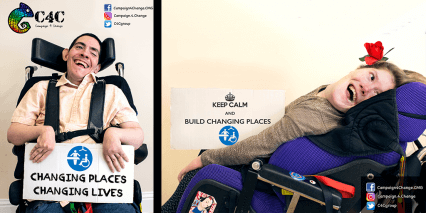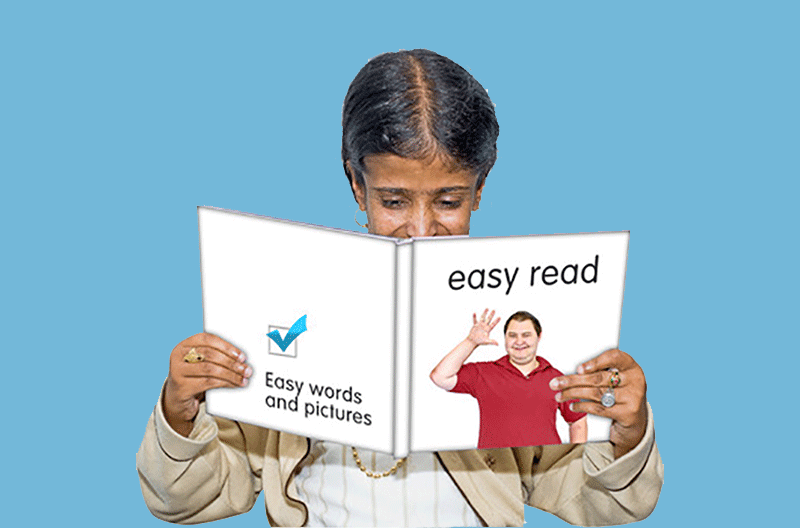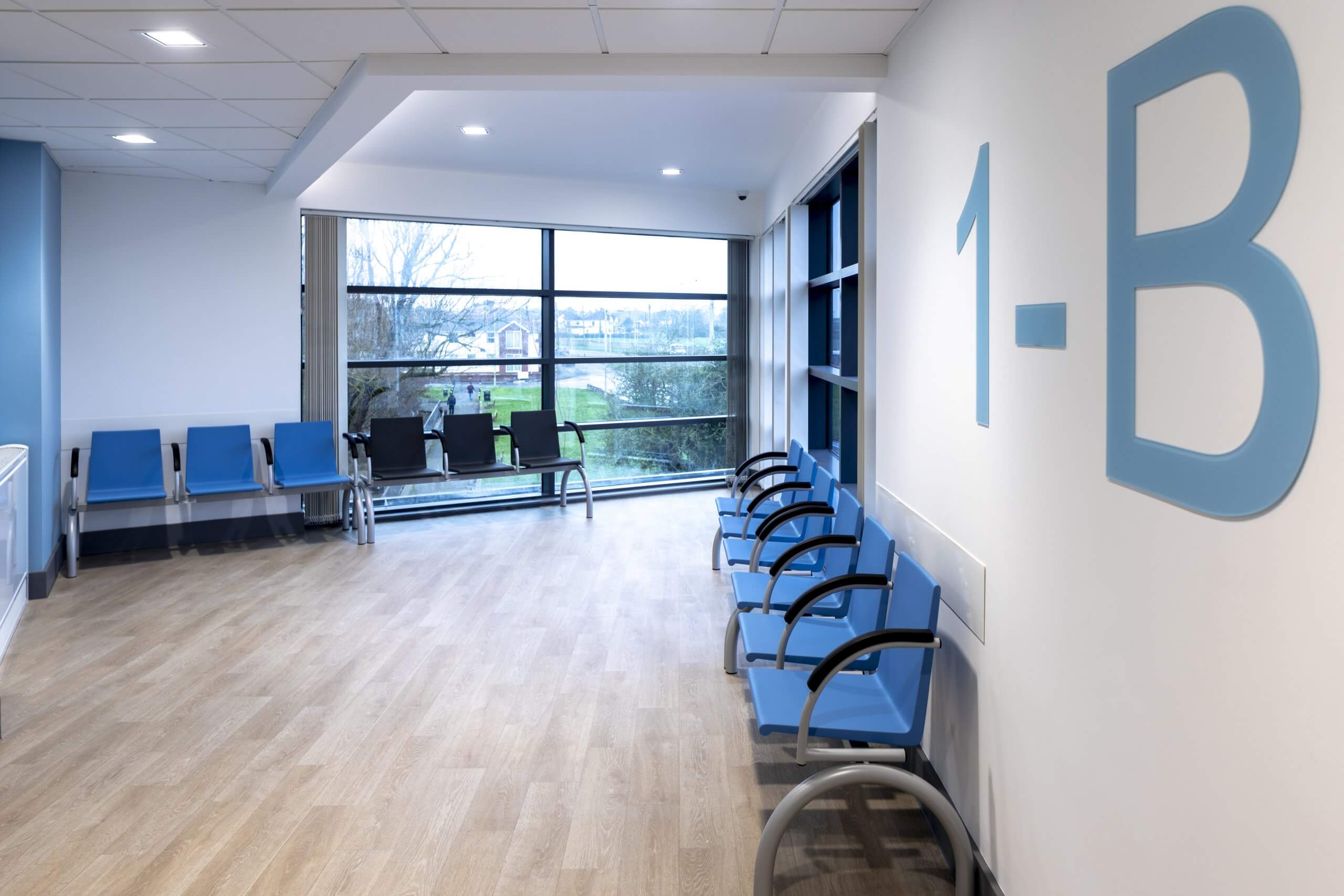Making reasonable adjustments for your patients
Reasonable adjustments are small changes that can make a big difference to someone’s experience. They can be very bespoke and unique to the person, so it is important to find out what works best for them.
There are also some adjustments from which most people who have a learning disability and autism would benefit…
Decor and the environment

It’s important to remove physical and sensory obstacles in what can be a very clinical setting. There are some small changes you can make to the environment:
- Reduce sounds, lighting and bright garish colours.
- Provide a separate waiting room.
- Put up signs to areas such as reception, the exit, lifts and toilets.
- Make sure there is enough space and a disabled toilet available for someone using a walking aid, wheelchair or mobility scooter.
Accessible information
Making information more accessible can be as simple as using images to show what the words are explaining and making the font bigger and colours clear with a contrast that’s easy on the eye.
Here are some more ways of making communication more accessible:
- Easy Read – Easy read is a way of writing documents that makes them easier to understand. Easy read normally includes short clear sentences, pictures alongside the words, explanations of difficult words and a large and clear font. Click the button at the top of the page to see this webpage in an easy read format
- Social stories – Social stories help people prepare for a journey by breaking it down into steps with pictures and photos. Personalise our free Welcome to your GP practice social story template and make it available to your patients.
- Tips and advice –We all appreciate some tips and advice so provide it for your patients in advance, it is particularly important to give them information about who to ask for help. Download our free resource: Tips to help me at the doctors
Adjustments to appointments
It’s important to be flexible if someone is anxious about going to their appointment or require support to go.
If possible, make some slots each day available for patients who have a learning disability or are neurodivergent and make these appointments longer than average and available to book in advance.
Sometimes you might find that your patient cannot make it to their appointment, or needs to get used to attending the practice before transitioning into the GP or nurse’s office. Work with all staff in the surgery to accommodate this.
Ask, listen and share
Your patients and their circle of support are the experts. Ask them what the practice can do to best support them and listen to their suggestions.
It’s also important to share your work; this doesn’t just mean telling patients what you’re doing but telling other practices and healthcare providers and facilities too.








